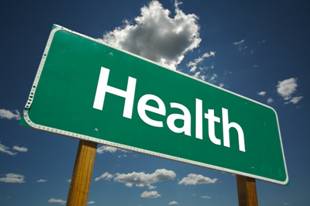Home Care – Raising Stroke Awareness
 Often people who have strokes, after initial hospitalisation, are sent home with home care to rehabilitate but rather than ending up in this position it is best to be aware about how to prevent strokes.
Often people who have strokes, after initial hospitalisation, are sent home with home care to rehabilitate but rather than ending up in this position it is best to be aware about how to prevent strokes.
There have been adverts on the television showing people what to look out for when a person is having a stroke. This campaign is about getting people who are suffering a stroke quicker medical treatment and letting the public know how important fast action is to reduce the impact of a stroke.
The latest thing to be aware of is the link between Atrial Fibrillation (AF) and strokes, if you suffer from AF then you need to consult your GP on how that affects your risk of getting a stroke and the preventative steps that can be taken.
AF affects about 750,000 people in the UK and accounts for about one in six strokes, but AF related strokes can be prevented because once your GP is aware of your situation he can give you the right medication.
AF’s most common symptom is a fast and irregular heartbeat. An irregular heartbeat is also known as an abnormal heart rhythm or arrhythmia.
The symptoms of AF are:
Palpitations – this means you become aware of your heart. You may feel it beating in a fast and irregular way.
Dizziness.
Angina (chest pains) may develop. In particular, the pains tend to occur when you exert yourself, but may even occur when resting.
Breathlessness is often the first symptom that develops. It may occur all the time, but you may become breathless when you exert yourself, doing a bit of gardening or walking up the stairs.
To raise awareness the Stroke Association is running a campaign on AF, its link to strokes and the signs to watch out for. People are sometimes reluctant to talk to a GP about stroke risks but the message is that if you are concerned you must ask first, before it’s too late.
If you want more information on AF The Stroke Association have a free factsheet F26 Atrial fibrillation and stroke. The Stroke helpline is 0303 3033 100 and the factsheet is available for download from .
If you do suffer a stroke then you need to make sure that you are given proper advice as soon as possible on how you can get back to normal. Access to a physio is usually needed if there has been any loss of limb use.
